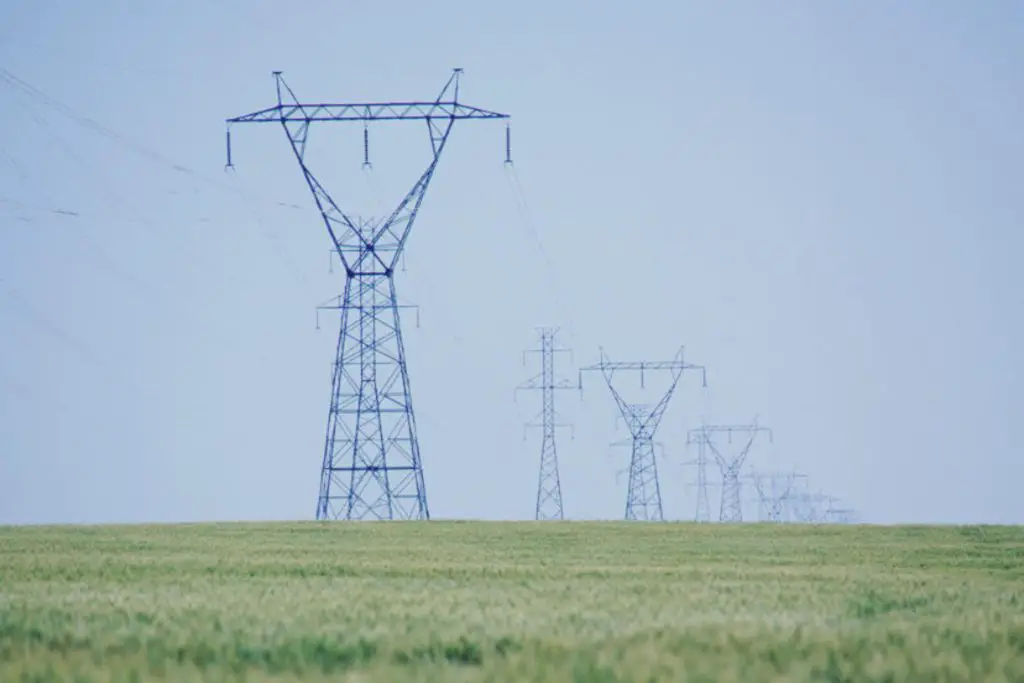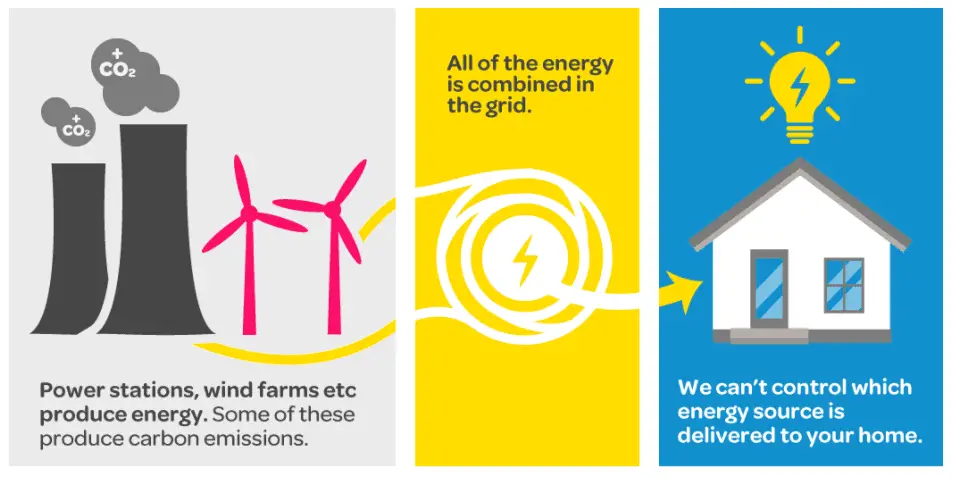What to Look Out for When Choosing an Energy Retailer

Finding a energy retailer that provides renewable energy
You would think that switching to green energy would just mean signing up with a company that sources their electricity from renewable resources and then you’re are all good to go. No checklist needed, its as simple as that.
Well, it doesn’t really work that way. At least for large parts of Australia.
When I started looking into making a switch to green energy I discovered that all states in Australia (except Western Australia and the Northern Territory) operate under the National Power Market (NEM). I had heard about the “national grid” before but what I did not realise until now was that the energy Australia produces goes onto this one grid and energy is distributed to us from this grid. So energy from coal AND renewables is fed onto the same grid and then it flows to us for use.
Perhaps most people are aware of this, but I was surprised when I discovered this.
Here is a diagram that demonstrates what I mean (1):

This happens because electricity needs to be pooled together – “electricity cannot be stored for future use, so supply must vary dynamically with changing demand. And because one unit of electricity is indistinguishable from all other units, it is impossible to determine which generator produced which electricity” (2).
So for those of us getting energy from the national grid, it is impossible to source electricity from a renewable energy generator. There is only one place we can our electricity from – the national grid. And the grid has in it, energy from non-renewable and renewable resources.
So does this mean that it’s impossible to get 100% of your energy directly from a renewable resource? Pretty much, yes. Unless of course, you generate electricity yourself, through solar panels. But yeah, if you are in a state that participates in the NEM, you can not get 100% of your energy from renewable resources.
Time to give up? Nope.
Let's look at your energy retailer
An energy retailer buys electricity from the NEM and then sells it those that pay them for it. They are the companies we deal with when we want electricity.
If it isn’t already clear, the company you sign up with to get your energy (energy retailer) is not the company that generates the energy (energy generator). That being the case, why does the choice of retailer matter? They all buy the same non-renewable/ renewable mix off the grid??
Well, not all retailers are created equal. So there are ways to support renewable energy by being choosy about which retailer you sign up with.
There are many ways that a retailer can use its profits and position in the market to support renewable energy. Considering this, here is a list of characteristics you’d want to find in your retailer, as a tell-tale sign that they support the renewable energy market (3)(4):
Things to look out for when choosing an energy retailer
Products offered
- They offer carbon-neutral energy (more on this in another post)
- They offer GreenPower (more on this in another post)
Energy use
- They offset their own energy use
Asset ownership
- They own renewable energy assets or the parent company owns assets that generate renewable energy
Market position
- They actively take the position that coal fire power sources should be phased out of our market
- They promote energy efficiency
- They support technology that allows for small scale electricity generation
Pricing
- Supports localised energy production and community involvement
- Promotes demand management (more on this in another post)
- High solar feed-in tariffs to encourage households to go solar
These are points to keep in mind when choosing an energy retailer. When you find a retailer that ticks some of these boxes, you’re onto a company that actively supports the renewable energy market. And by signing up with these companies, you indirectly support the renewable energy market.
The switch in energy retailer is like any change we make as an individual – it may seem inconsequential on its own, but our actions add up. Otherwise it will be our inaction that adds up over time.
References:




